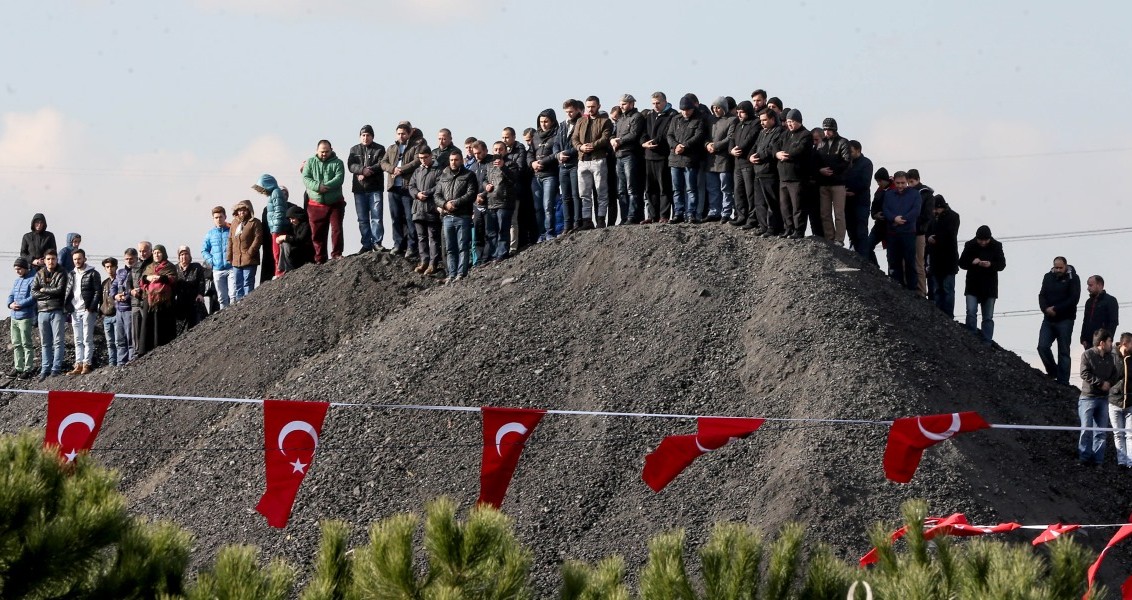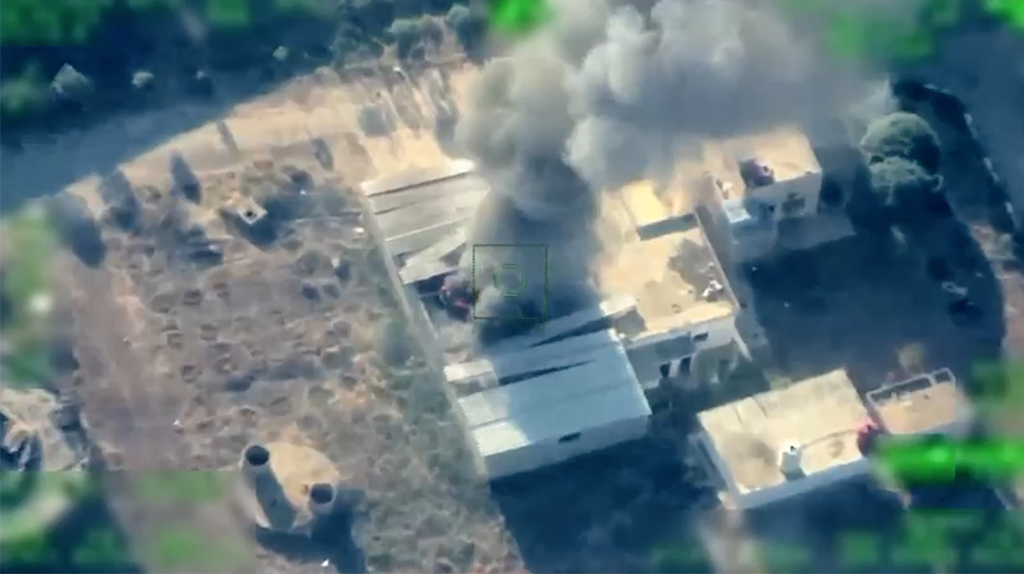
PKK's Suicide Attacks Pave Way for Turkish Incursion
The same people who hailed the PKK as a merry band of revolutionaries might soon have to face the fact that they were in bed with terrorists all along.
Share
With the New Year fast approaching, the Syrian civil war remains the hottest topic in politics. Within a week, Turkey was shaken by two terrorist attacks while officials were negotiating a cease-fire agreement to evacuate civilians from eastern Aleppo. As the Syrian crisis enters a new phase, the PKK, which suffered heavy losses in the countryside and across the southeast, started targeting Western cities. Suicide bombers who were trained in northern Syria claimed 44 innocent lives in Istanbul and 14 others in Kayseri.
The PKK's goal is to create a violent backlash against the Kurdish community among ethnic Turks. Inter-communal violence, they believe, could weaken our resolve and make things easier for them. In a way, they would like the united front that was formed on July 15 to turn against itself. A number of attacks against the provincial offices of the Peoples' Democratic Party (HDP), the PKK's political wing, should serve as a reminder that cooler heads must prevail. At the same time, suicide attacks fuel popular anger toward the terrorists.
Between July 2015 and December 2016, the PKK perpetrated 80 suicide attacks, killing 265 people and injure 1,460.
With suicide bombers infiltrating Turkish cities, ordinary people are getting fed up with terrorism – which can morph into radical ideologies. If angry people start looking for a real-life manifestation of the enemy, common sense could fly out the window.
This is where President Recep Tayyip Erdoğan's call for a "national mobilization" comes in: We need to maintain social peace, keep in mind what the terrorists want to accomplish and deny them the opportunity. Today, we stand together and prove the pessimists wrong.
When the PKK returned to violence in July 2015, their goal was to unite the People's Protection Units (YPG) -controlled parts of northern Syria with Turkey's southeast. The coup attempt's failure and Operation Euphrates Shield's launch crushed their dreams. This time around, they desperately want to strong-arm Turkey into withdrawing from Syria – where they hope to cling onto their self-proclaimed cantons. At the same time, they would like the Turks to watch international negotiations over Syria and Iraq from the sidelines.
To be clear, PKK militants attach too much importance to the support provided to them by Washington, Brussels and Tehran. Their miscalculation is only expediting their downfall. They are wrong to assume that Turkey will bow to suicide attacks. Instead of weakening the government, they are causing the people to rally behind President Erdoğan and the ruling Justice and Development Party (AK Party).
The HDP's marginalization and the Nationalist Movement Party's (MHP) solidarity with the government have rendered the Republican People's Party (CHP) completely obsolete. CHP Xhairman Kemal Kılıçdaroğlu's argument that voting against the executive presidency will stop the bloodshed has fallen on deaf ears. In turn, public opinion turned against the CHP, citing their alliance with the HDP.
Again, PKK suicide attacks only hurt their interests in Syria. As the Syrian civil war enters a new stage, the militants are creating the pre-conditions of a ground offensive by Turkey, which removed Daesh from its border, against Afrin, Tal Abyad and Sinjar. A recent statement by Prime Minister Binali Yildirim, who noted that "Operation Euphrates Shield put a lid on the Daesh threat and we will do something similar at the southern border," serves as a sign of what's ahead.
The same people who hailed the PKK as a merry band of revolutionaries might soon have to face the fact that they were in bed with terrorists all along.
[Daily Sabah, December 24, 2016]
Tags »
Related Articles








